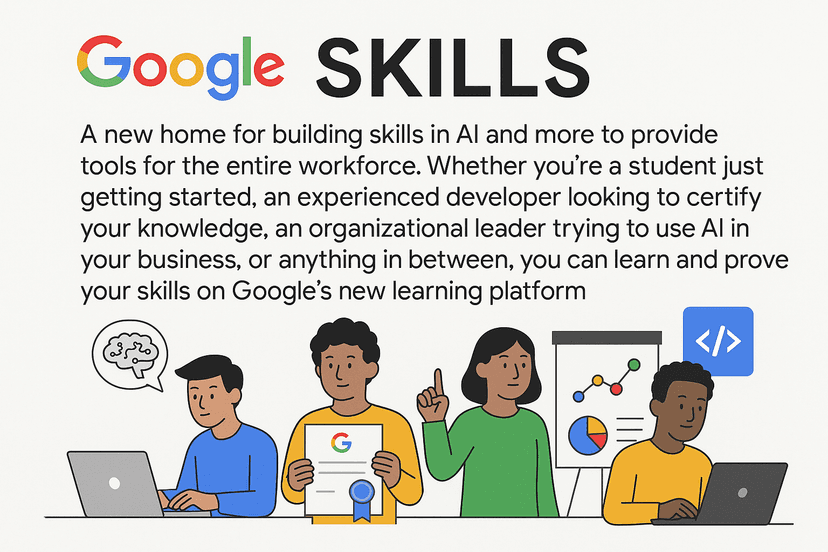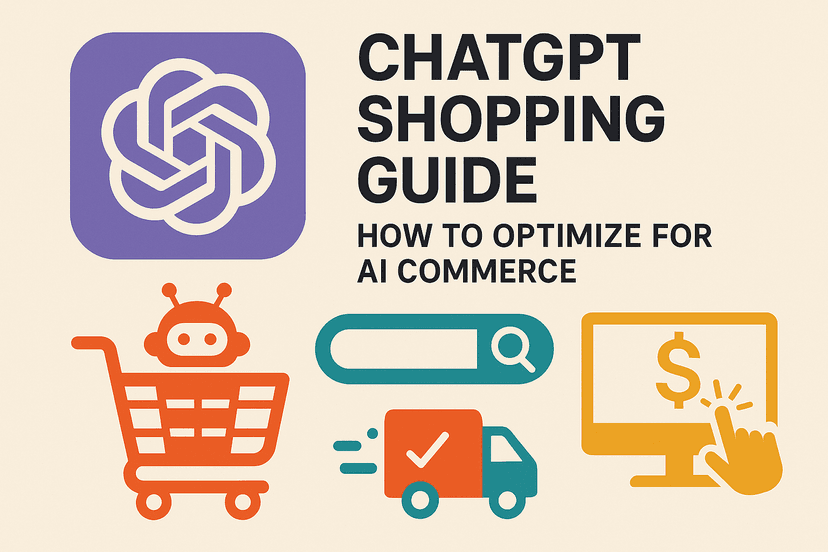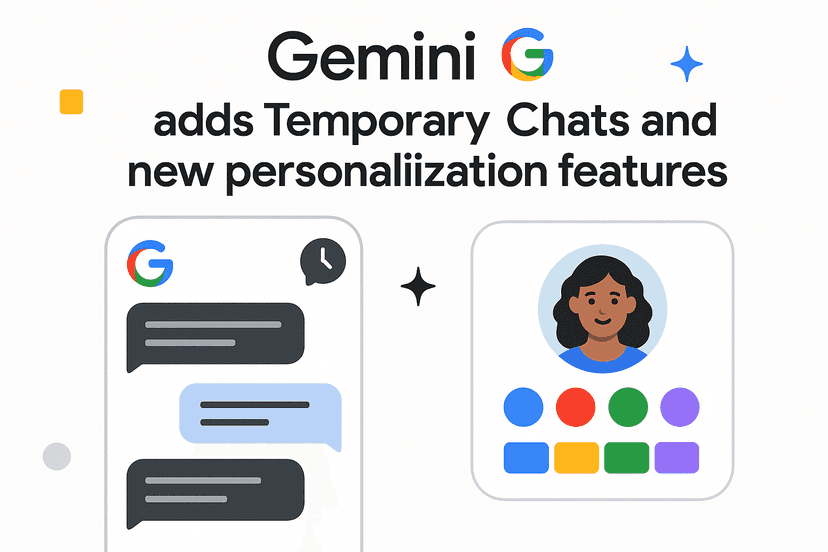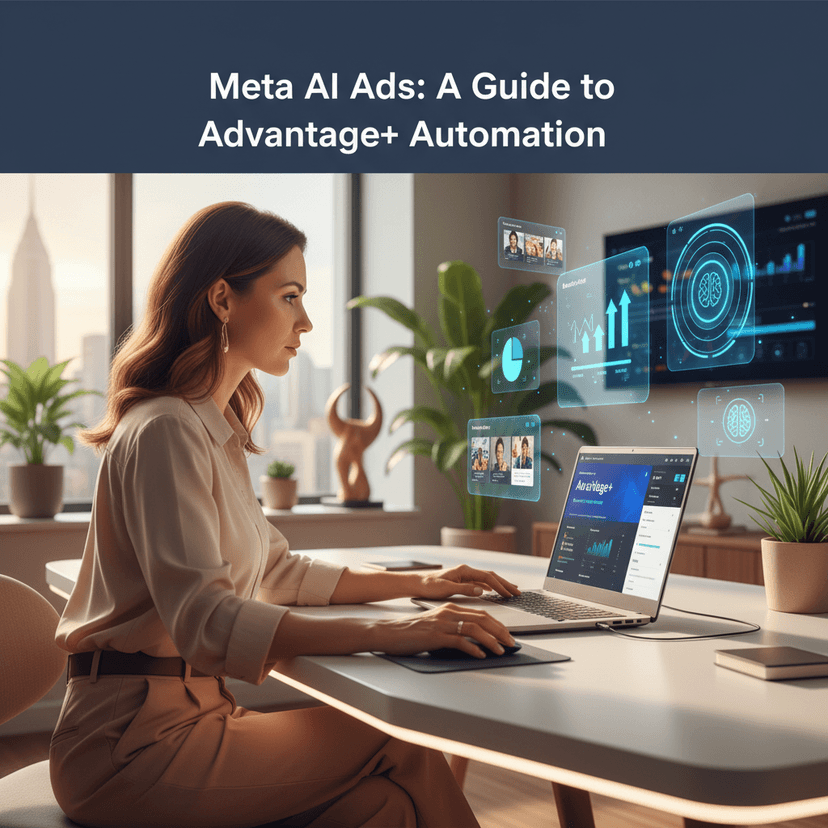Here is the comprehensive, SEO-optimized blog post comparing the top LLMs as of late 2025.
- Introduction
- The Landscape of AI in Late 2025
- Pricing and Availability Breakdown
- Technology Under the Hood
- Round 1: Technical SEO Optimization
- Round 2: Coding and Development
- Round 3: Shopping and Agentic Commerce
- Round 4: Strategic Advice and Authority Building
- Round 5: Travel Planning and Lifestyle
- The Problem with Hallucinations in 2025
- Traffic Trends: The Decline of Referrals
- Final Verdict: Which Chatbot is For You?
- Conclusion
Introduction
It feels like just yesterday that we were all marveling at the very first iterations of generative AI. Yet, here we are in November 2025, and the landscape has shifted dramatically. Chatbots have fundamentally changed the workflows of professionals across every industry. Accountants use them to forecast trends, lawyers use them to summarize case law, developers use them to debug complex CSS, and writers use them to overcome creative blocks.
Whether you are looking to fix a bug, draft a newsletter, or simply find the best bed for your small dog, these tools have become indispensable assistants. But with so many updates, model changes, and pricing tiers, it can be incredibly difficult to know which tool deserves your monthly subscription fee.
This brings us to the core question of this article: In the battle of the giants, who comes out on top? We are going to conduct a deep llm comparison between the three heavyweights: OpenAI’s ChatGPT, Google’s Gemini, and Anthropic’s Claude. Things have changed significantly since 2022, 2023, and even the start of this year. Let’s dive into where each platform stands today.
The Landscape of AI in Late 2025
To understand which tool is best for you, we first need to look at the context of the current market. In late 2025, we have moved past the “wow factor” phase of Artificial Intelligence. We are now in the “utility phase.” Users are no longer impressed simply because a computer can write a poem. Now, they demand accuracy, real-time data, and the ability to execute complex tasks.
The three main competitors have carved out specific niches. ChatGPT has positioned itself as the “do-it-all” assistant with strong shopping and voice capabilities. Gemini is leveraging the massive ecosystem of Google, integrating deeply with Workspace and search data. Claude has maintained a reputation for being the “thinker”—the tool for writers, coders, and those who need safe, highly nuanced responses.
Choosing between them isn’t just about picking the smartest bot; it is about picking the one that fits your specific workflow.
Pricing and Availability Breakdown
Before we get into the performance tests, we need to talk about money. The pricing structures have evolved, and for businesses or freelancers, these costs add up.
ChatGPT Pricing Tiers
OpenAI has continued to diversify its offering.
- Free Tier: The original version of ChatGPT remains free. It is a great entry point, but it comes with limitations on speed and access to the most advanced features.
- ChatGPT Plus: This is the standard premium tier at $20 per month. It gives you access to the latest models (currently GPT-5.1), faster response times, and priority access during peak hours.
- Pro Tier: This is a newer, high-end tier costing $200 per month. It is designed for power users who need massive context windows and heavy computational power for deep reasoning tasks.
- Business & Enterprise: Business plans start at $25 per month per user, offering better data privacy and team management features.
Gemini Pricing Models
Google has kept its pricing competitive, trying to lure users from the OpenAI ecosystem.
- Free Version: The base platform is free and is quite capable for general queries.
- AI Pro: This costs $19.99 per month. It is comparable to ChatGPT Plus and integrates seamlessly with Google Docs, Gmail, and Drive.
- AI Ultra: For enterprise-level power, the Ultra plan sits at $124.99 per month. This is for heavy data processing and multimodal tasks.
Claude Subscription Options
Anthropic has kept things simple but effective.
- Free Tier: Good for trying out the model, but it has a strict daily message limit.
- Claude Pro: At $20 per month, this removes the daily limits and gives you priority access to their latest model, Claude Sonnet 4.5.
- Claude Max: A newer tier at $100 per month, designed for developers and heavy users who need extended context windows for analyzing entire books or codebases.
Technology Under the Hood
When performing an llm comparison, it is helpful to know what engines are driving these cars.
ChatGPT is currently running on GPT-5.1. This model represents a significant leap in reasoning and “agentic” behavior—meaning it can take actions on your behalf, not just talk about them. Its training data has a cutoff of October 2024, but its web search capabilities allow it to fetch real-time data seamlessly.
Gemini is built on a family of multimodal large language models. “Multimodal” is the key word here. Unlike older models that were text-based and then had image capabilities bolted on, Gemini was trained natively on text, images, video, and code simultaneously. This gives it a unique advantage in understanding video content and complex visual data. It has real-time access to Google Search data.
Claude runs on Claude Sonnet 4.5. Anthropic focuses heavily on “Constitutional AI,” which prioritizes safety and helpfulness. Claude is often praised for having a more “human” tone and being less prone to sycophancy (agreeing with the user even when the user is wrong).
Round 1: Technical SEO Optimization
Technical SEO is a fantastic stress test for AI. It requires accurate technical knowledge, an understanding of current best practices, and the ability to explain complex topics simply.
The Prompt Strategy
For this test, I used a specific prompt across all three chatbots:
“What Are The Top 3 Technical SEO Factors I Can Use To Optimize My Site?”
ChatGPT on Site Speed
ChatGPT provided a very coherent and well-structured response. It immediately identified three critical pillars:
- Site Speed.
- Crawlability and Indexability.
- Structure and Schema Markup. The third pillar, Structure and Schema Markup, is fundamental to modern Web Design and helps search engines understand your content.
When I pushed it further for details on site speed, ChatGPT really shined. It didn’t just give generic advice; it provided a checklist. It recommended specific tools for monitoring performance and gave technical advice on optimizing images, using Content Delivery Networks (CDNs), and minifying code. It even touched on advanced concepts like preloading resources.
The strength of ChatGPT here was the actionable nature of the advice. It felt like I was talking to a consultant who was giving me a to-do list.
Gemini and Google Integration
Gemini was faster than ChatGPT in generating the response. Its formatting is visually superior, using bold text and tables effectively to make the content scannable.
The content was solid, covering similar ground. However, Gemini did something very interesting—and perhaps a bit self-serving. It immediately asked: “Do you have Google Search Console set up for your site? That’s the best tool to perform a comprehensive SEO Audit.”
While this is true, it shows how Gemini funnels users into the Google ecosystem. When I asked for more details on Core Web Vitals (CWV), Gemini gave a textbook explanation of LCP (Largest Contentful Paint), INP (Interaction to Next Paint), and CLS (Cumulative Layout Shift).
However, Gemini’s advice on fixing these issues was a bit dense. For example, it suggested “minimizing main-thread work” but didn’t explain how a non-developer would actually achieve that. You would need to prompt it several more times to get the step-by-step guide that ChatGPT provided upfront.
Claude’s Educational Approach
Claude took a different route. Its answer was less of a checklist and more of a lesson. It explained the why behind the SEO factors.
When I asked about Page Speed and Core Web Vitals, Claude gave an extensive, essay-style response. It was incredibly informative, perhaps the most accurate of the three in terms of pure definition. However, it lacked the immediate “do this now” feel.
A major downside for Claude in this llm comparison is that it did not link to external tools. ChatGPT mentioned specific tools and how to use them. Gemini pointed to Google tools. Claude described the tools but didn’t provide that direct bridge to action.
The Verdict on SEO
If you are looking for a quick, actionable checklist to improve your website today, ChatGPT is the winner. It balances depth with utility perfectly.
If you are looking to deeply understand the concepts of SEO so you can explain them to a client or boss, Claude is the superior teacher.
Gemini sits in the middle—great for visual formatting and connecting you to Google’s own suite of tools.
Round 2: Coding and Development
Developers have flocked to LLMs to help with debugging and boilerplate code. To test this, I gave them a specific, slightly tricky task:
“Create A Robots.txt File Where I Block Google Search Bot, Hide My ‘Private’ Folder, And Block The Following IP Address ‘123.123.123.123’”
The Robots.txt Challenge
This prompt is a trap. You cannot block an IP address inside a robots.txt file. That functionality belongs in a server configuration file like .htaccess or Nginx config.
ChatGPT passed the test with flying colors. It generated the robots.txt file for the folder and bot blocking, but then explicitly stopped to explain: “You cannot block IP addresses in robots.txt.” It then proceeded to provide the correct .htaccess code to achieve my goal. This is exactly what you want an AI assistant to do—catch your mistakes.
Claude also navigated this perfectly. It provided the correct robots.txt syntax and a clear explanation of why the IP blocking request was invalid in that context, offering the server-side solution instead.
The Safety Trap
Gemini struggled here, and in a dangerous way.
Gemini generated a robots.txt file. It included the code to block Googlebot. However, it also included a wildcard directive at the top that blocked all crawlers by default.
If a user simply copied and pasted Gemini’s code without understanding it, they would have de-indexed their entire website from the internet. This is a critical failure for a coding assistant.
Furthermore, when I ran a second test asking it to block Bingbot, it changed its behavior and didn’t include the “block all” wildcard. This inconsistency is worrying. It suggests that Gemini might be favoring Googlebot or simply hallucinating different syntax rules based on the specific bot mentioned.
Who Writes Cleaner Code?
Beyond this specific test, the general consensus in late 2025 is that Claude holds the crown for complex coding tasks. Its ability to maintain context over long scripts makes it ideal for building applications.
ChatGPT is excellent for snippets and quick fixes.
Gemini is improving, but as the robots.txt example shows, you need to audit its code very carefully.
Round 3: Shopping and Agentic Commerce
One of the biggest shifts in 2025 is the move toward “Agentic Commerce”—where AI doesn’t just recommend products but helps you buy them. This is a key component of modern Ecommerce Marketing.
The Dog Bed Test
I asked each bot: “I have a small dog. Can you recommend 5 dog beds for them?”
ChatGPT is the clear leader here. It didn’t just list beds; it created an interactive shopping experience. I could see the products, view pricing from multiple stores, and the interface felt designed for commerce. This is likely due to OpenAI’s partnerships and the “buy it in ChatGPT” features that have rolled out.
The Missing Links in Gemini
Gemini provided a list of real, high-quality dog beds. The descriptions were good. However, there were no links.
This is baffling for a Google product. When I asked Gemini why it wouldn’t give me links, it stated it “cannot” provide them. Yet, if I ask for information on a history topic, it cites sources.
My theory is that Google is still figuring out the monetization model here. Providing direct organic links might cannibalize their ad revenue from Google Search. Until they figure out how to insert “Google Shopping” ads into Gemini responses effectively, they seem to be gating this feature.
Claude’s Limitations in Commerce
Claude gave a very basic text response. It listed types of beds (e.g., “orthopedic,” “donut style”) rather than specific brands or product links.
Claude is not a shopping assistant. It is a text processing engine. If you want to buy something, Claude is the wrong tool for the job.
Round 4: Strategic Advice and Authority Building
I wanted to see how these models handle abstract, long-term planning.
Prompt: “I Want To Become An Authority In SEO. What Steps Should I Take To Reach This Goal?”
Building SEO Authority
ChatGPT and Gemini produced remarkably similar lists. Both suggested:
- Starting a blog.
- Guest posting.
- Networking.
These activities are the foundation of a strong Content Marketing strategy.
Gemini had a slight edge in the specifics of where to go. It listed specific industry publications to target for guest posting. It felt a bit more plugged into the current media landscape.
ChatGPT focused more on the “learning” aspect, suggesting specific news sources to read daily to stay updated.
Course Recommendations
Claude took the prize for educational mapping. It suggested specific courses to take and, interestingly, recommended “complementary skills” to learn, such as data analysis and basic coding.
This shows Claude’s strength in “reasoning.” It understands that to be an authority in SEO, you can’t just know SEO; you need to understand the adjacent fields that impact it. That is a nuance that the other two missed.
Round 5: Travel Planning and Lifestyle
Finally, I tested them on a fun task: “What Are The Top 3 Destinations In Italy To Visit, And What Should I Know Before Visiting Them?”
The Italian Vacation Plan
ChatGPT gave the standard answers: Rome, Florence, Venice. The information was accurate, but what set it apart was the follow-up. When I asked about sunglasses to wear in Italy, it immediately switched back to “shopping mode,” showing me specific pairs I could buy.
Gemini produced the most beautiful response. It used a table format to organize the cities, best times to visit, and dining tips. This made it incredibly easy to read. It was far superior to the text-heavy blocks from the others.
However, Gemini failed the sunglasses test. It recommended generic styles (e.g., “Aviators”) but refused to link to products.
Formatting and Readability
In this llm comparison, formatting matters.
- Gemini wins on visual presentation (tables, rich formatting).
- ChatGPT wins on interactivity (clickable products).
- Claude falls behind here. Its formatting was plain text.
The Sunglasses Accessory Test
Interestingly, Claude seemed to regress from previous years. In 2024, Claude would often format travel tips nicely. In this 2025 test, it gave me a block of text. When asked about sunglasses, it recommended very high-end, expensive brands without asking for my budget. It felt a bit out of touch with the average traveler.
The Problem with Hallucinations in 2025
Despite all the advancements, we must address the elephant in the room. These models still lie.
In the industry, we call these “hallucinations.”
- ChatGPT warns users at the bottom of the chat.
- Gemini has a disclaimer.
- Claude reminds you to check facts.
A study from February 2025 showed that 91% of chatbot news responses contained some form of problematic information or inaccuracy. This is a staggering number.
Because these bots are trained on the internet, and the internet is full of misinformation, the bots regurgitate that misinformation. There have been high-profile cases this year of lawyers citing fake cases invented by AI, and health advice that was dangerous.
Rule of Thumb: Use these tools for ideation, drafting, and coding (with review). Do not use them as a definitive source of truth for medical, legal, or safety-critical information without verifying the source.
Traffic Trends: The Decline of Referrals
For content creators and website owners reading this, there is a sobering statistic to consider. Since July 2025, referral traffic from LLMs to external websites has dropped by 42.6%.
Why? Because the bots are getting better at answering the question inside the chat interface.
If a user asks, “How do I fix a leaky faucet?”, the bot gives the full instructions. The user no longer needs to click a link to a DIY blog. This “Zero-Click” phenomenon is reshaping the web.
- ChatGPT and Claude rarely link out.
- Gemini links out more often (citations), but even those are becoming fewer as the “AI Overviews” in Google Search become more dominant.
This means that while these tools are great for users, they are becoming increasingly difficult for publishers who rely on traffic.
Final Verdict: Which Chatbot is For You?
After extensive testing in late 2025, here is the breakdown of who should use what.
The Winner for “The Do-It-All User”: ChatGPT
If you want one subscription that does everything reasonably well, ChatGPT is it.
- Pros: Best voice mode, excellent shopping features, solid coding, creates images (DALL-E 3), and has the most intuitive mobile app.
- Cons: Can be verbose.
The Winner for “The Researcher & Google User”: Gemini
If you live in Google Docs and Gmail, Gemini is a no-brainer.
- Pros: Deep integration with Workspace, beautiful formatting (tables), native understanding of video and images, fast.
- Cons: Code generation can be risky (check that robots.txt!), refuses to link to products for shopping.
The Winner for “The Writer & Developer”: Claude
If your work involves deep thought, complex coding architecture, or nuanced writing, Claude is the specialist you need.
- Pros: Best prose (sounds the most human), best at handling large amounts of context (entire books/codebases), very safe.
- Cons: No image generation, terrible for shopping, lacks web browsing agility compared to the others.
Conclusion
The llm comparison landscape of 2025 shows that we are moving away from a “one ring to rule them all” scenario. The market is fragmenting into specializations.
OpenAI is building the ultimate personal assistant. Google is building the ultimate information engine. Anthropic is building the ultimate intellectual partner.
My advice? Don’t just stick to one because it’s what you used in 2023. Try the free versions of all three for a week. Use Gemini for your research. Use Claude to draft your emails. Use ChatGPT to plan your dinner and buy the ingredients. You will quickly find which artificial brain complements your own natural one the best.
The technology is evolving fast, and the “best” tool today might be dethroned by an update tomorrow. But for now, in late 2025, the power is in your hands to choose the right assistant for the job.







